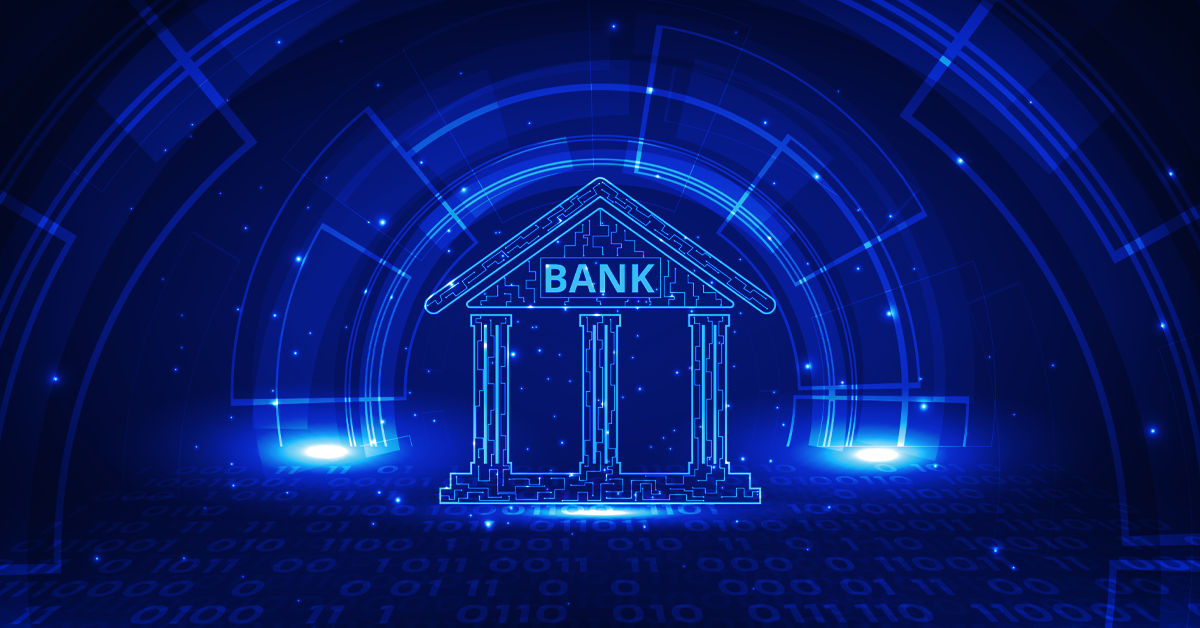
In today’s digital-first world, trust is the currency of banking and finance. For customers in Iraq and the Kurdistan Region, placing their money in a bank or fintech platform isn’t just a financial decision—it’s a matter of safety, security, and confidence. Behind every mobile payment, online transfer, or digital account lies an invisible guardian: cybersecurity.
Why Cybersecurity Matters for Financial Institutions
Banks and fintech companies are more than financial institutions—they are digital trust providers. Every login, transaction, or credit approval carries sensitive information that cybercriminals eagerly target. From ransomware to phishing attacks and fraud schemes, the financial sector has become one of the most attractive targets for attackers.
For Iraq and Kurdistan, where financial digitization is accelerating, the stakes are even higher:
- Rapid digital adoption means customers are embracing mobile banking and e-wallets faster than regulations and awareness sometimes allow.
- Cybercrime is borderless—threat actors don’t care about geography. Even a local fintech startup is exposed to global fraud and hacking networks.
- Customer trust is fragile—a single data breach can shake the confidence of thousands, sometimes irreversibly.
The Challenges on the Ground
- Legacy Systems
Many banks still run on outdated IT infrastructures that are harder to secure and integrate with modern fintech platforms. - Growing Fraud Attempts
From account takeovers to fake loan scams, fraud tactics are becoming more sophisticated, leaving customers vulnerable. - Regulatory Gaps
While the Central Bank of Iraq (CBI) is issuing new compliance frameworks, there is still work to do in aligning with international standards like PCI DSS, ISO 27001, or GDPR-level practices. - Skills Shortage
The demand for cybersecurity professionals far outpaces local supply, creating a talent gap that slows progress in securing financial services.
Building a Cyber-Resilient Banking Ecosystem
To protect customer trust, banks and fintechs in Iraq and Kurdistan must embrace a proactive, layered approach to cybersecurity:
- Zero Trust Security Models: Assume no user, device, or transaction is trusted by default. Verification must happen at every step.
- Advanced Fraud Protection: Deploy AI-powered systems to detect unusual behaviors, block account takeovers, and stop scams before they succeed.
- Cloud Security for Financial Services: As more platforms move to the cloud, secure configurations and compliance-driven monitoring are essential.
- Digital Risk Protection: Monitor the wider digital ecosystem—dark web forums, fake apps, and phishing domains—before threats reach customers.
- Employee and Customer Awareness: Even the strongest firewall cannot stop a customer from sharing their password with a fraudster. Awareness campaigns are as vital as technology.
The Path Forward for Iraq and Kurdistan
Financial innovation in Iraq and the Kurdistan Region is only just beginning. E-wallets, digital payments, and fintech platforms are unlocking new opportunities for inclusion and growth. But this future can only succeed if cybersecurity is woven into every product, every regulation, and every customer interaction.
By working with trusted partners, adopting international best practices, and strengthening local expertise, banks and fintechs can create a digital economy built not just on speed and convenience, but on trust and resilience.
Because in finance, every click is a promise. And cybersecurity is what keeps that promise safe.
About MIROTECH
At MIROTECH, we are proud to serve as a trusted partner for banks, fintechs, and financial institutions across Iraq and the Kurdistan Region. As official partners and resellers of leading global cybersecurity vendors—including Palo Alto Networks, Bitdefender, Microsoft, Elastic, Group-IB, SolarWinds, and more—we bring world-class technology and local expertise to safeguard the future of digital banking.
With MIROTECH, financial institutions can build stronger, more resilient systems that protect not only data and transactions but also the most important asset of all: customer trust.







